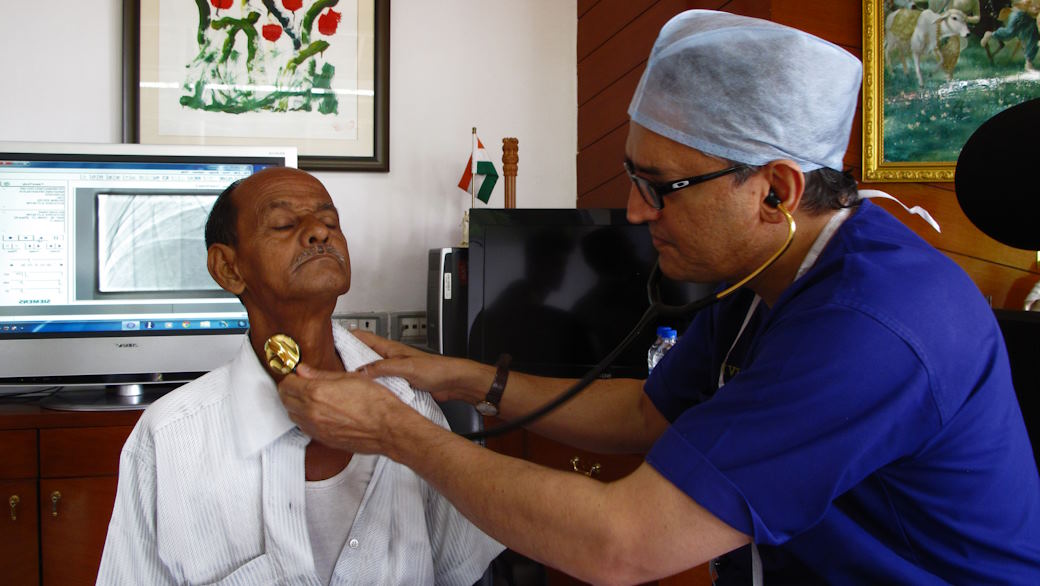Volunteerism and Philanthropy: How Individuals Can Support Charitable Hospitals in India

Volunteerism and philanthropy play pivotal roles in creating a positive impact on society, and nowhere is their significance more evident than in supporting charitable hospitals in India. Charitable hospitals are vital pillars of the Indian healthcare system, offering essential medical services to underserved communities. However, these hospitals often face challenges in delivering quality healthcare due to limited resources.
Volunteer Opportunities in Charitable Hospitals
Charitable hospitals in India offer a wide range of volunteer roles that allow individuals to contribute their time, skills, and compassion to support the healthcare needs of underserved communities. These volunteer opportunities go beyond just medical expertise, providing diverse roles that suit various interests and skill sets.
In charitable hospitals, volunteers can engage in administrative work, helping with tasks such as appointment scheduling, record-keeping, and data entry. This essential behind-the-scenes support ensures the smooth operation of the hospital and allows medical staff to focus on patient care. Additionally, volunteers can assist patients by providing companionship, offering emotional support, and helping them navigate the hospital environment. This role is particularly crucial for patients who may feel isolated or overwhelmed during their medical journey.

Another significant volunteer role in charitable hospitals is counseling. Trained volunteers can provide counseling services to patients and their families, offering guidance, comfort, and reassurance during challenging times. This role requires empathy, active listening skills, and a compassionate approach.
Volunteering in charitable hospitals offers numerous benefits for individuals as well. Firstly, it provides an opportunity for personal growth by fostering a sense of fulfillment, empathy, and gratitude. Interacting with patients from diverse backgrounds and witnessing their strength can be deeply transformative. Additionally, volunteering in a healthcare setting allows individuals to develop valuable skills such as communication, teamwork, problem-solving, and adaptability. These skills are not only beneficial in a medical context but also transferable to various other areas of life and career.
Philanthropic Support for Charitable Hospitals
Philanthropy plays a crucial role in supporting the growth and development of charitable hospitals in India. It provides avenues for individuals to make a tangible impact on the healthcare landscape by extending their support beyond volunteering. Individuals can explore various forms of philanthropic support, including the transfer money from Sweden to India, to contribute to the noble cause of providing quality healthcare to the underserved.
Financial donations are one of the most common and impactful ways individuals can support charitable hospitals. By making monetary contributions, individuals help hospitals acquire essential medical equipment, upgrade infrastructure, and expand their services. Even small donations can make a significant difference when combined with others, demonstrating the collective power of philanthropy.

In-kind contributions are another form of philanthropic support that individuals can consider. Hospitals often require medical supplies, medicines, and other essential items. Donating these items directly to the hospital can fulfill their immediate needs and enable them to allocate their financial resources to other critical areas.
Fundraising events provide a platform for individuals to mobilize their networks and raise funds for charitable hospitals. Whether it’s organizing a charity run, a gala dinner, or an online crowdfunding campaign, individuals can harness their creativity and social connections to rally support and generate funds for the hospital’s initiatives.
The impact of philanthropy on the growth and development of charitable hospitals cannot be overstated. Philanthropic support allows hospitals to improve infrastructure, enhance the quality of care, and reach a larger population. It enables them to invest in medical research, training programs, and community outreach initiatives. Additionally, philanthropy helps hospitals sustain their operations and continue providing vital healthcare services to those in need.









































